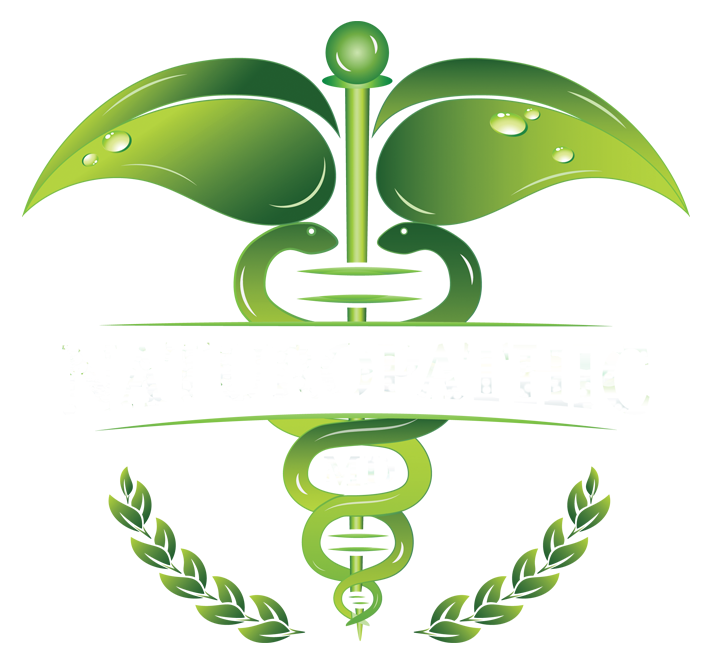



 Mar 10, 2023
Mar 10, 2023 
Are you one of the millions of people who suffer from Irritable Bowel Syndrome (IBS) or Inflammatory Bowel Disease (IBD)? These conditions can be debilitating and have a significant impact on your quality of life. But did you know that detoxification can play an important role in managing the symptoms of IBS and IBD? In this post, we’ll explore the science behind detoxification and how it can benefit those with digestive disorders.
Detoxification is the process by which the body eliminates toxins and other harmful substances. It is a natural process that occurs in the liver, kidneys, colon, and other organs. When working properly, these organs remove toxins from the body, which can help improve overall health.
However, in today’s world, we are exposed to more toxins than ever before. Chemicals in our food, air, and water, as well as stress, can all contribute to an increased toxic burden on the body. When the body is overwhelmed by toxins, it can become less efficient at eliminating them, which can lead to a range of health problems.
While there is no conventional cure for IBS or IBD, detoxification and avoidance of food sensitivities can be an important part of managing the symptoms of these conditions indefinitely. Here are some of the ways that detoxification can help:
Research has shown that exposure to toxins such as heavy metals and pesticides can contribute to inflammation in the gut (1). In addition, studies have found that detoxification diets that restrict certain foods, such as dairy and gluten, can help reduce inflammation in people with IBD (2).
Research has shown that toxins such as heavy metals can disrupt the balance of gut bacteria and contribute to the development of IBD (3). In addition, studies have found that detoxification can promote the growth of beneficial gut bacteria (4).
Studies have found that heavy metal toxicity can interfere with nutrient absorption in the gut (5). In addition, detoxification diets that promote nutrient-rich foods can help improve nutrient absorption in people with IBD (2).
Research has shown that exposure to toxins such as heavy metals can contribute to oxidative stress in the body (6). In addition, studies have found that detoxification can help reduce oxidative stress and improve overall health (7).
There are many ways to support the body’s natural detoxification processes. Here are some tips:
Research has shown that a diet rich in fruits, vegetables, and whole grains can help improve gut health and reduce inflammation (8). In addition, certain foods such as cruciferous vegetables and berries have been found to have detoxifying properties(9).
Detoxification can be an important part of managing the symptoms of IBS and IBD. By reducing inflammation, balancing gut bacteria, improving nutrient absorption, and reducing oxidative stress, detoxification can help improve overall health and quality of life. Incorporating healthy habits such as eating a nutrient-rich diet, staying hydrated, exercising, reducing exposure to toxins, and considering detoxification supplements can all support the body’s natural detoxification processes.
If you have IBS or IBD, talk to your healthcare provider about incorporating detoxification strategies into your treatment plan. With a comprehensive approach to managing these conditions, you can take steps towards better health and a better quality of life.
Sources:
Follow us on Instagram for a peek behind the scenes: Dr. Wilde's healthy life hacks, mindset, stories of adventure and personal growth and of course...food pics.

Take this Quiz and find out what is sabotaging your health, and what you can do about it.